The global commodity trading market has witnessed a rapid digital transformation, driven by automation, real-time data analytics, and integrated trading platforms. According to Market Research Future, the global commodity trading market is projected to grow at a CAGR of over 6% between 2023 and 2030, fueled by innovations in financial technology and increased participation from emerging economies. Major global platforms, such as the Chicago Mercantile Exchange (CME), Intercontinental Exchange (ICE), and the London Metal Exchange (LME), handle billions of dollars in trades daily, offering seamless digital trading in metals, energy, and agricultural products.
In contrast, Africa’s commodity trade has largely remained informal, fragmented, and heavily dependent on manual auction processes. With limited access to structured, digital marketplaces, African producers often rely on intermediaries, resulting in low price realization and minimal transparency. However, the continent is witnessing the early signs of a digital shift, with countries such as Kenya, Ethiopia, and Rwanda exploring e-auction systems for agricultural commodities. Digitizing commodity trading offers a unique opportunity to bridge market gaps, improve value chain efficiency, and connect African producers to global markets.
.jpg)
Why Africa Needs Online Commodity Auctions?
Despite being home to vast natural resources and agricultural diversity, Africa lacks structured and transparent commodity trading platforms. Most trade occurs in physical auctions, characterized by high operational costs, delayed payments, a lack of price discovery mechanisms, and limited access for smallholder producers. A digital auction model brings in automation, real-time bidding, verified pricing, and inclusive participation from producers, buyers, cooperatives, and exporters.
Challenges hindering digital commodity auctions include poor internet penetration in rural areas, low digital literacy among producers, fragmented market data, and inadequate regulatory support. Yet, the need for transparent and traceable trade has never been more urgent, mainly as Africa aims to boost intra-regional trade under the AfCFTA and ensure price fairness across its agricultural value chains.
Establishing the Foundation: Farmer and Product Traceability
As highlighted in successful farmer registration systems in countries like India and Rwanda, a structured digital foundation is essential to power online commodity trading. In Africa, efforts must begin with establishing robust digital identities for farmers and linking them to geo-tagged land and crop data. This ensures not only inclusion but also credibility in the digital auction ecosystem. Kenya, for instance, is exploring national farmer registration systems that can feed directly into procurement, financing, and insurance systems, thereby supporting digital marketplaces from the ground up.
.jpg)
CSM Tech’s Expertise in Commodity Digitization
CSM Tech has demonstrated significant leadership in building digital commodity trading systems across Africa. A prime example is the Integrated Tea Trading System (ITTS), which was implemented for the East African Tea Traders Association (EATTA). The ITTS replaced the traditional open outcry system in Mombasa with a web-based e-auction solution. This platform streamlined pre-auction, auction, and post-auction operations, digitized stakeholder interactions across producers, brokers, buyers, and warehouses, and improved transparency, auditability, and trade efficiency. CSM Tech’s experience in implementing interoperable, scalable, and secure trading platforms makes it a trusted partner for governments and trade bodies in Africa. With domain expertise spanning agriculture, warehousing, logistics, and procurement, CSM can facilitate the end-to-end transformation of commodity markets, from digital farmer registration to auctioning and traceability.
Conclusion: Paving the Digital Trade Highway for Africa
Digital transformation in commodity trading is no longer optional for Africa; it’s imperative. By investing in online commodity trading platform, establishing digital farmer registries, and securing regulatory support, African nations can unlock the full potential of their agricultural and mineral resources. The benefits are manifold: price transparency, market access, inclusive participation, and traceability.
With proven frameworks like ITTS and strong implementation partners like CSM Tech, the continent can accelerate its shift from physical to digital marketplaces. As digital infrastructure continues to grow and more farmers and traders come online, Africa’s commodity trading future is poised to become more efficient, equitable, and globally integrated.






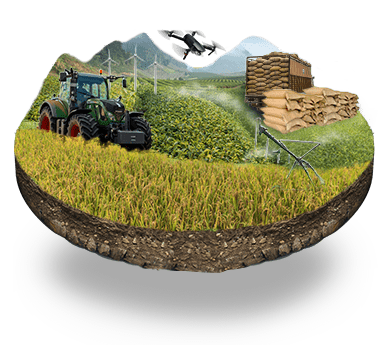








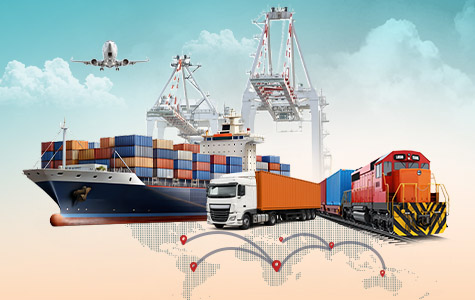

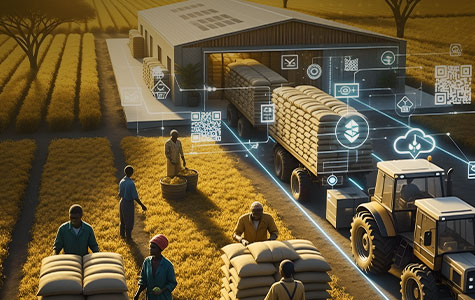




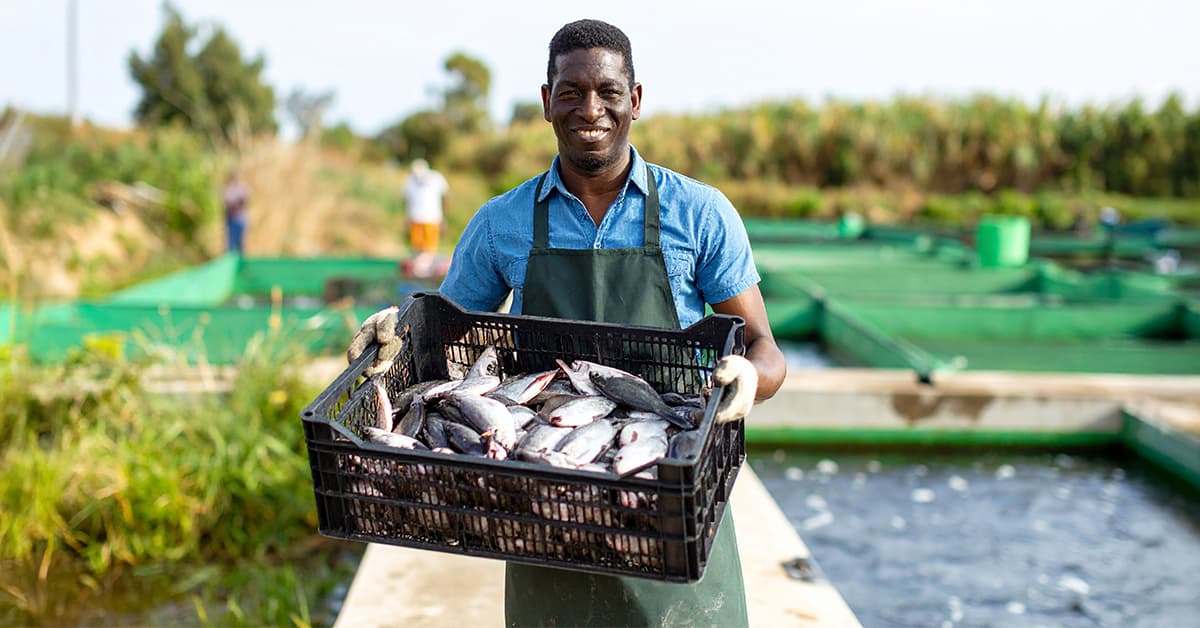
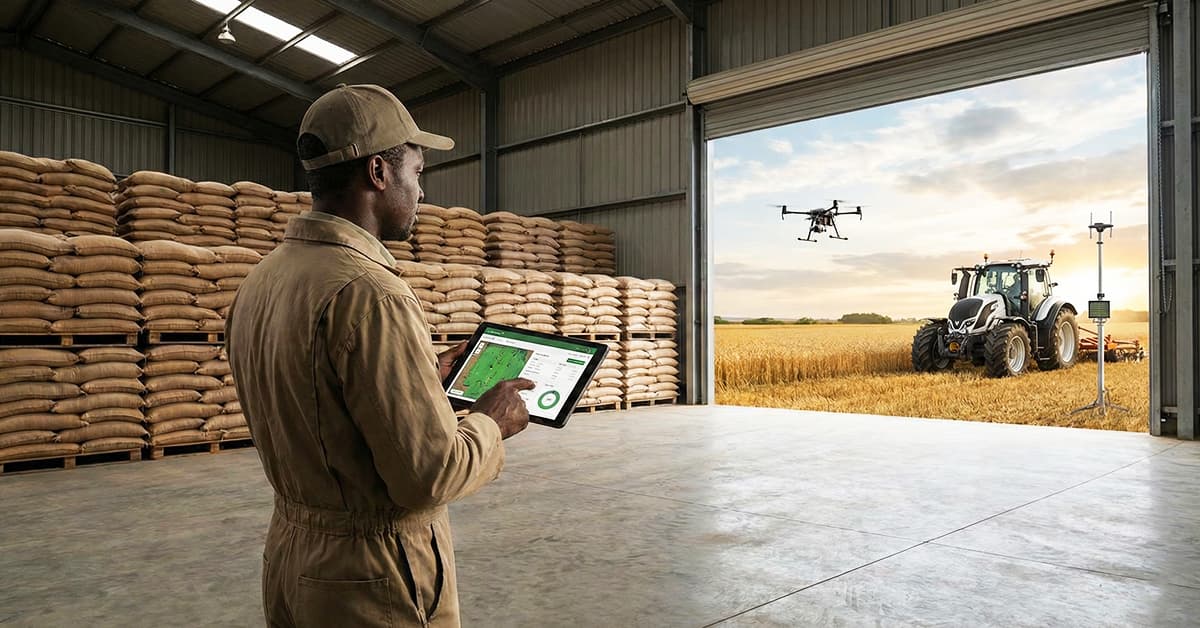



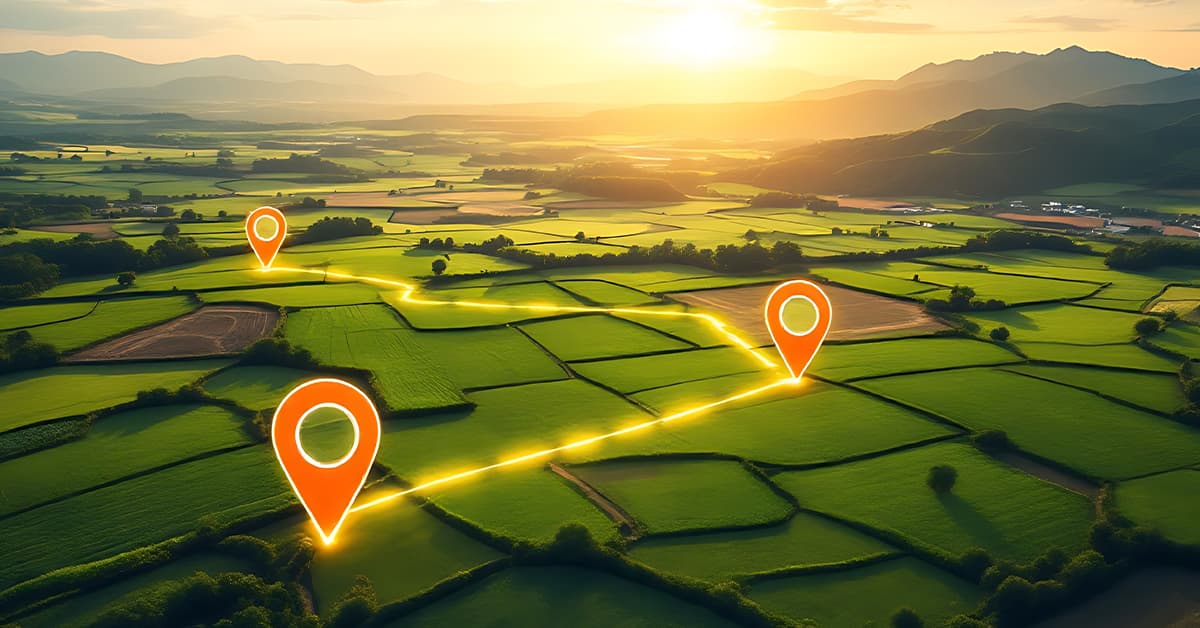
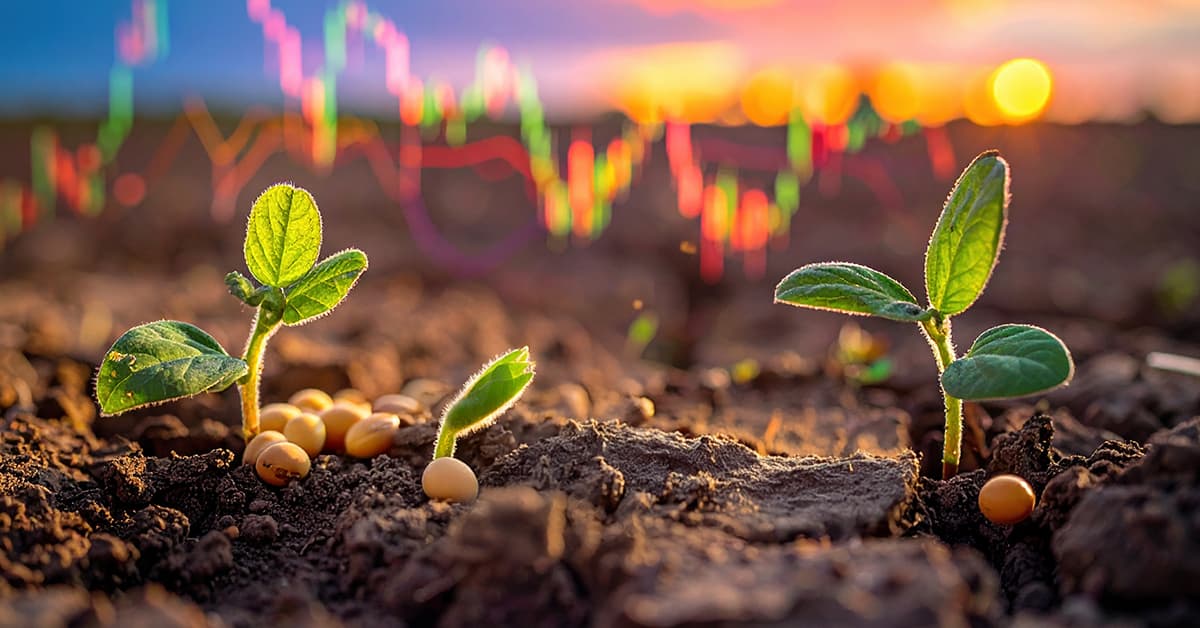



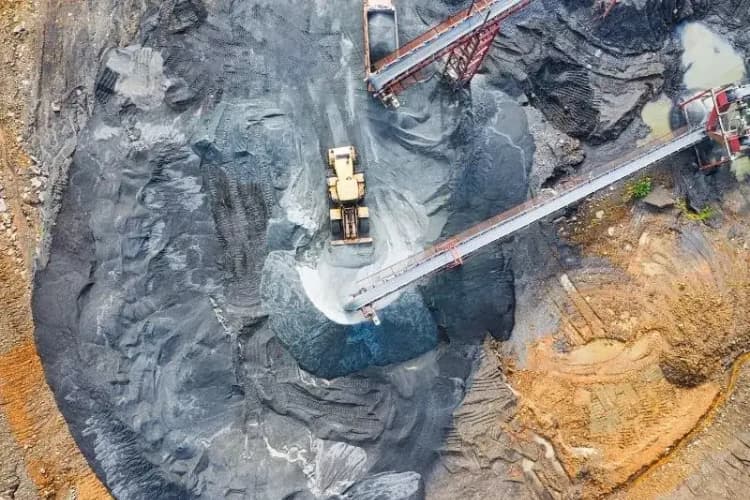









We will verify and publish your comment soon.